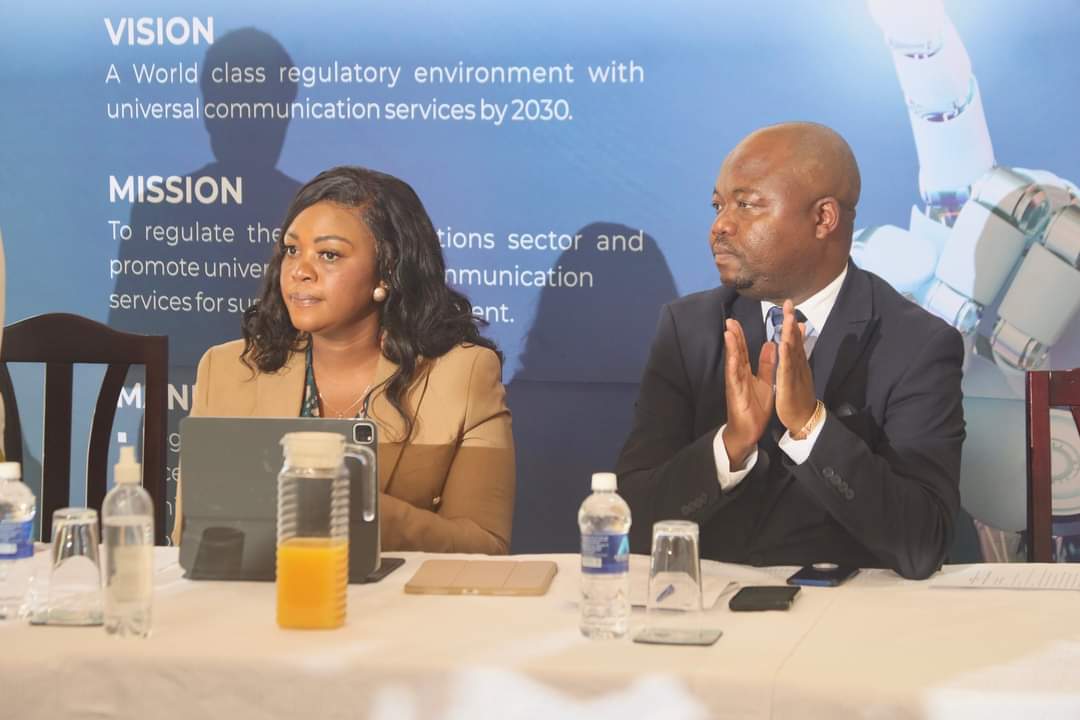In a significant move to enhance digital literacy among its civil servants, the Zimbabwean government has signed a memorandum of understanding (MoU) with the Computer Society of Zimbabwe (CSZ). This collaboration aims to fast-track the certification of civil servants in the International Computer Driving Licence (ICDL), an internationally recognized qualification that demonstrates competence in the use of computer applications.
The MoU, signed during the CSZ’s 2023 annual summit, addresses the country’s current digital literacy challenges, which are primarily attributed to the high cost of internet and data access. By equipping civil servants with essential digital skills, the government seeks to foster a digitally literate populace and drive Zimbabwe’s transition towards a knowledge-based society.
CSZ director Viola Dondo emphasized the importance of the MoU, stating that it signifies the endorsement of ICDL as a digital literacy standard for all civil servants. The CSZ will collaborate with the ICT ministry to implement the ICDL program, ensuring that civil servants receive certification in the recommended modules.
The ICDL certification encompasses various modules, including ICDL Workforce, ICDL Professional, ICDL Digital Student, and ICDL Insights. These modules are designed to equip individuals with critical digital skills for the modern workplace, covering areas such as word processing, spreadsheets, presentations, email communication, and internet usage.
Zimbabwe joins a growing list of African countries, including Rwanda, Uganda, Guinea, Kenya, and Nigeria, that have implemented similar initiatives to enhance digital literacy among their public sector employees.
ICT, Postal and Courier Services Minister Tatenda Matevera expressed his ministry’s expectations for continued participation from the CSZ in the Smart Zimbabwe 2030 agenda, which focuses on shared infrastructure, skills and capacity building, policies, and regulations.
The minister envisioned the impact of Smart Zimbabwe 2030, emphasizing ease of doing business, increased productivity and markets, education 5.0 projects, and smart education and health initiatives. He highlighted the pivotal role of the CSZ in delivering the outcomes and end results of Smart Zimbabwe 2030, which will ultimately lead to a digital government, digital economy, and digital society.
The signing of the MoU between the ICT ministry and the CSZ marks a significant step towards Zimbabwe’s digital transformation goals. By equipping its civil servants with the necessary digital skills, the government is laying the foundation for a more digitally literate populace, prepared to navigate the challenges and opportunities of the 21st century.

